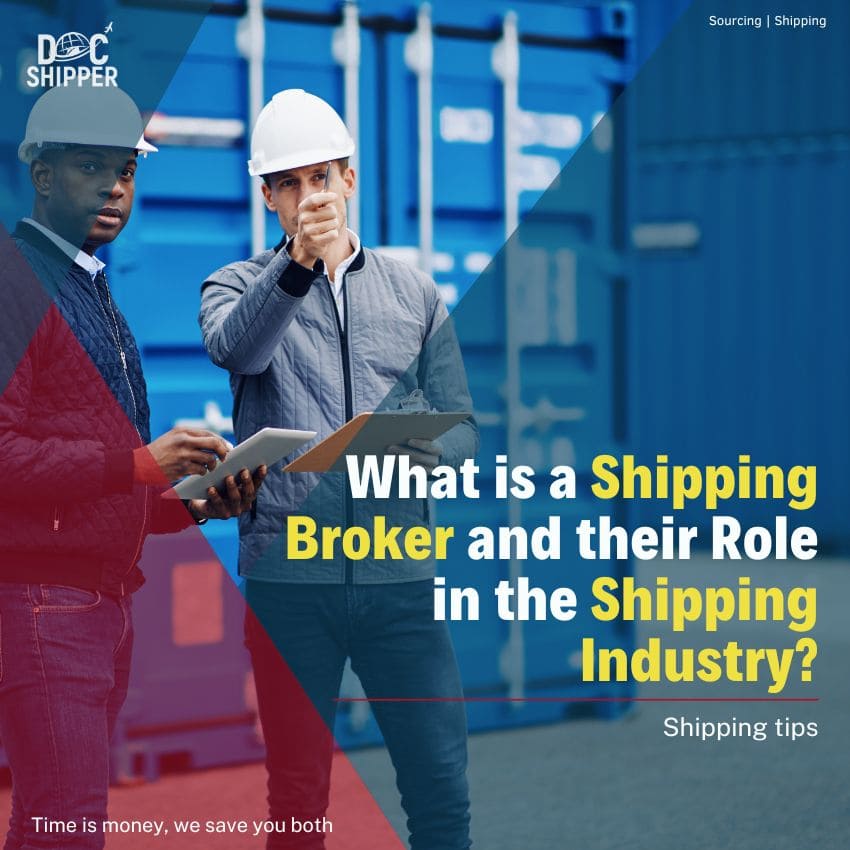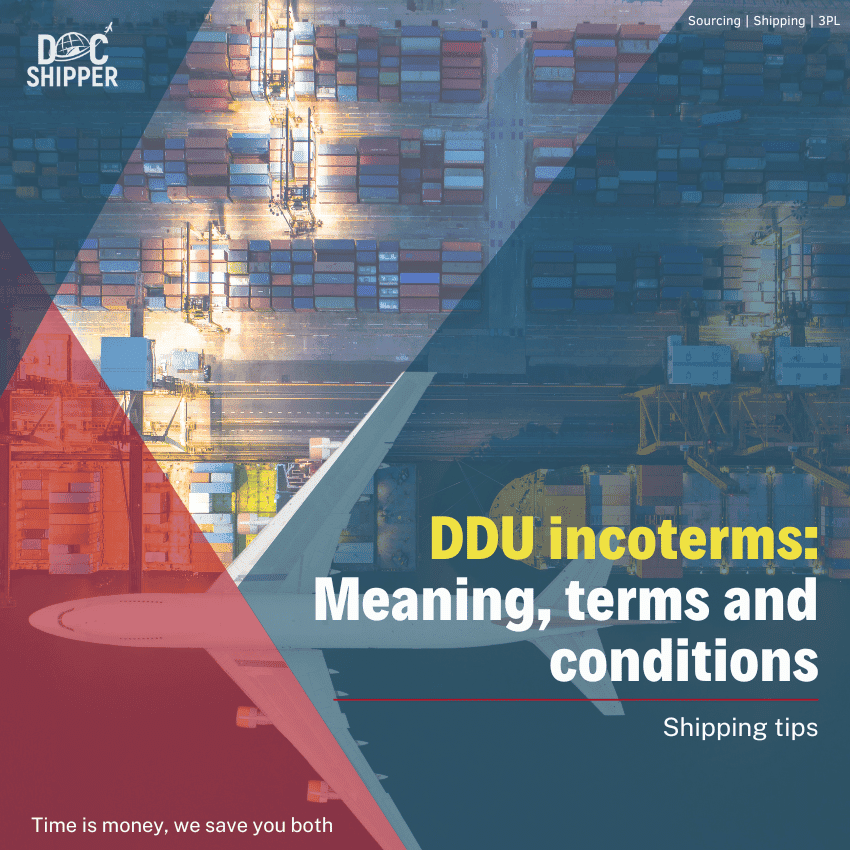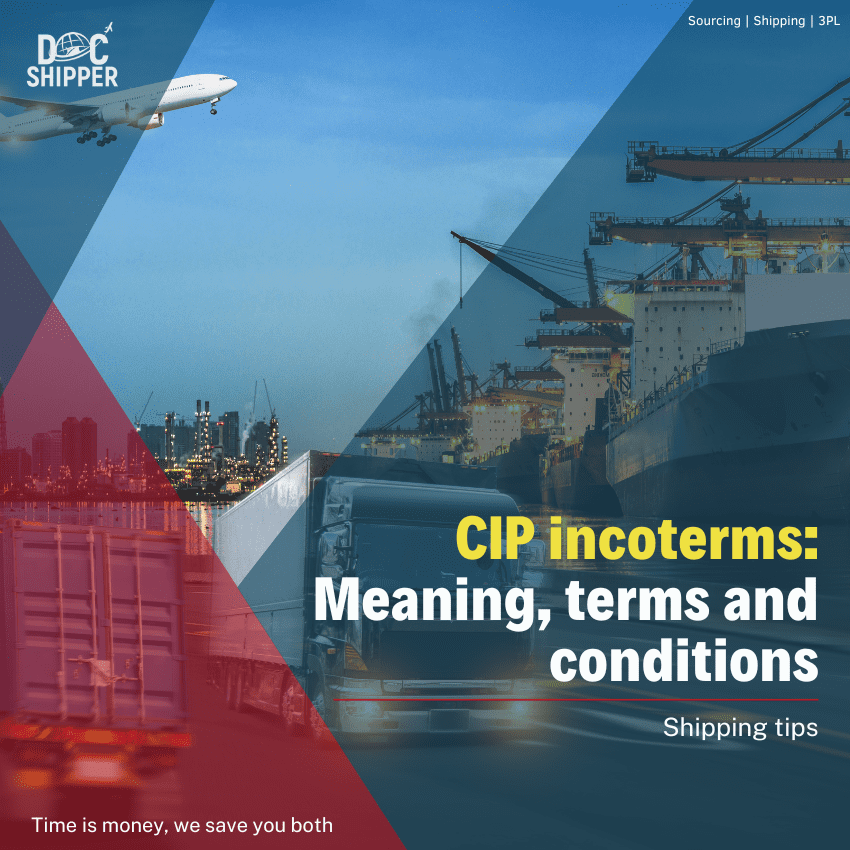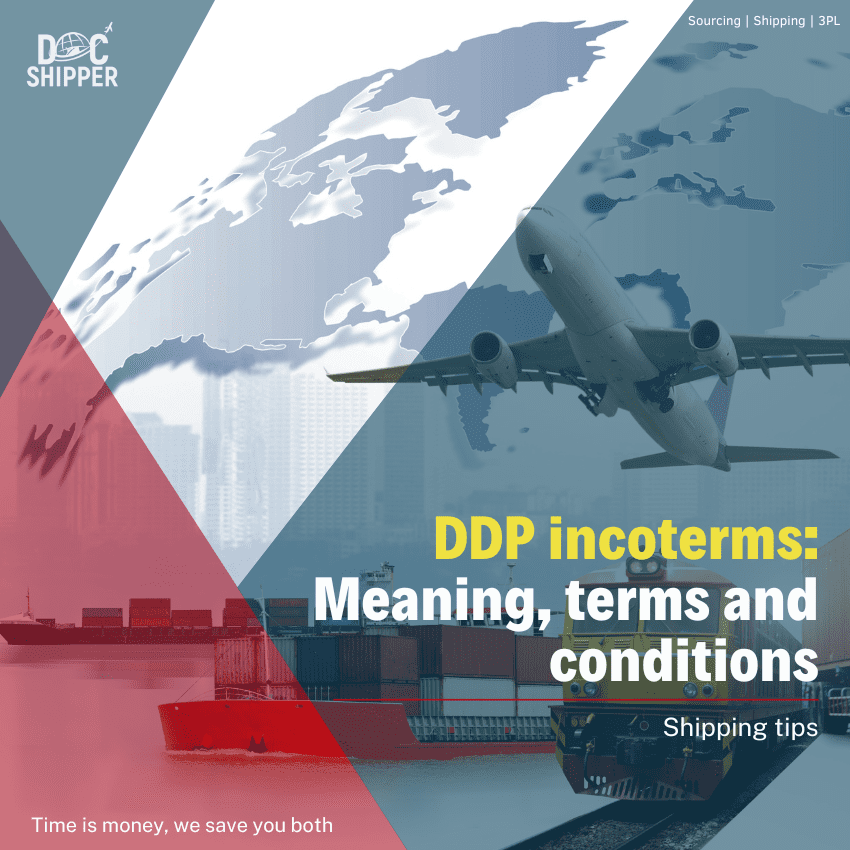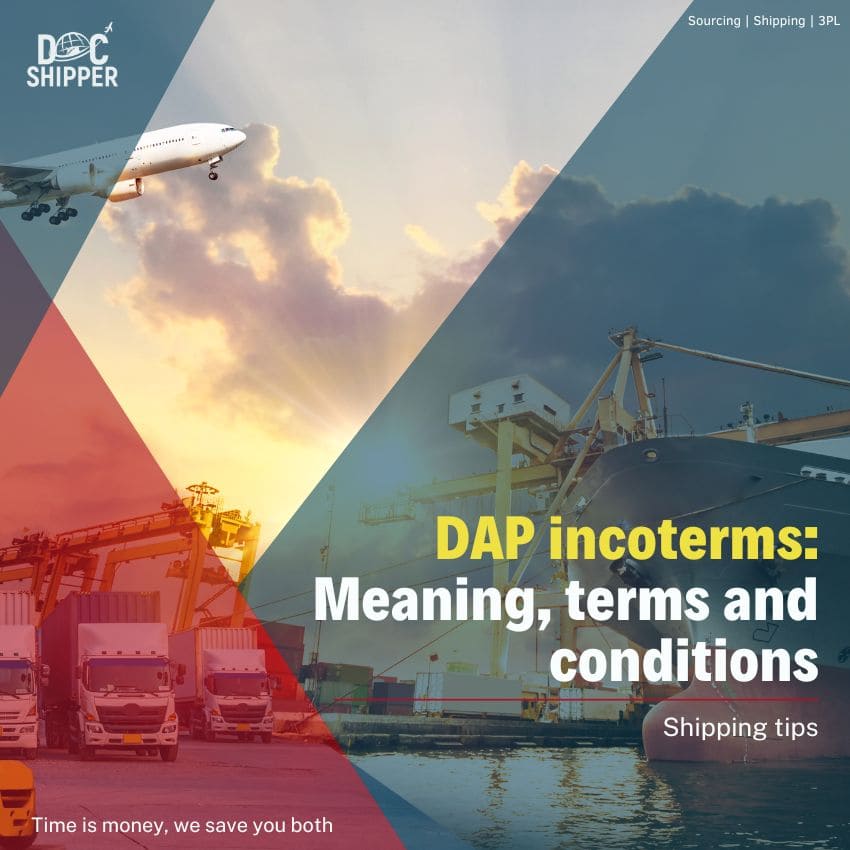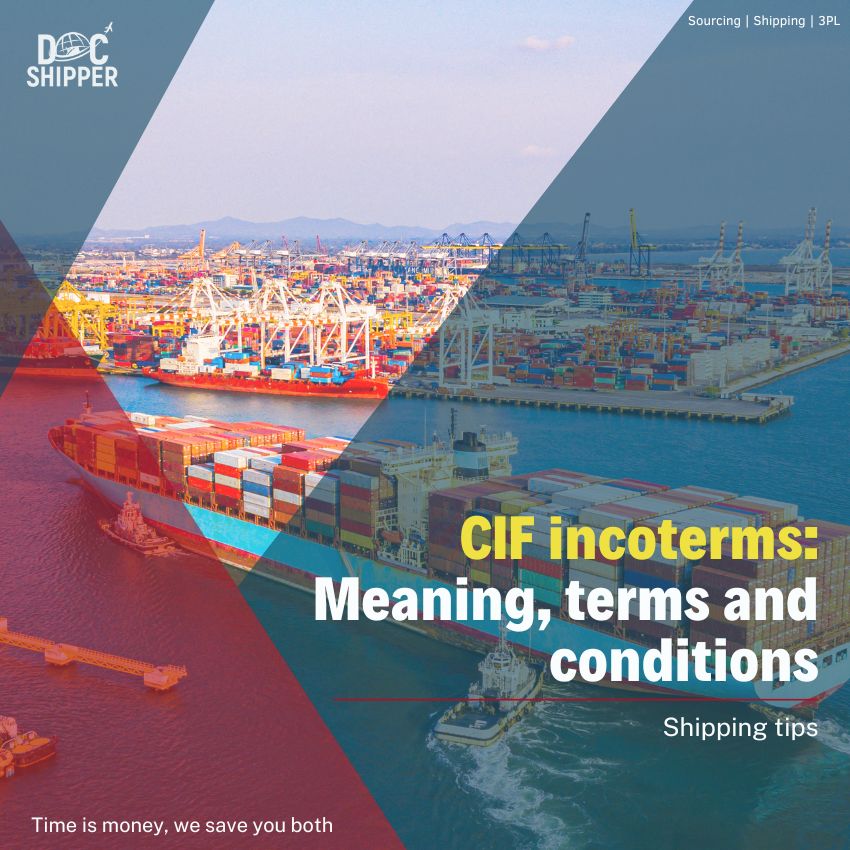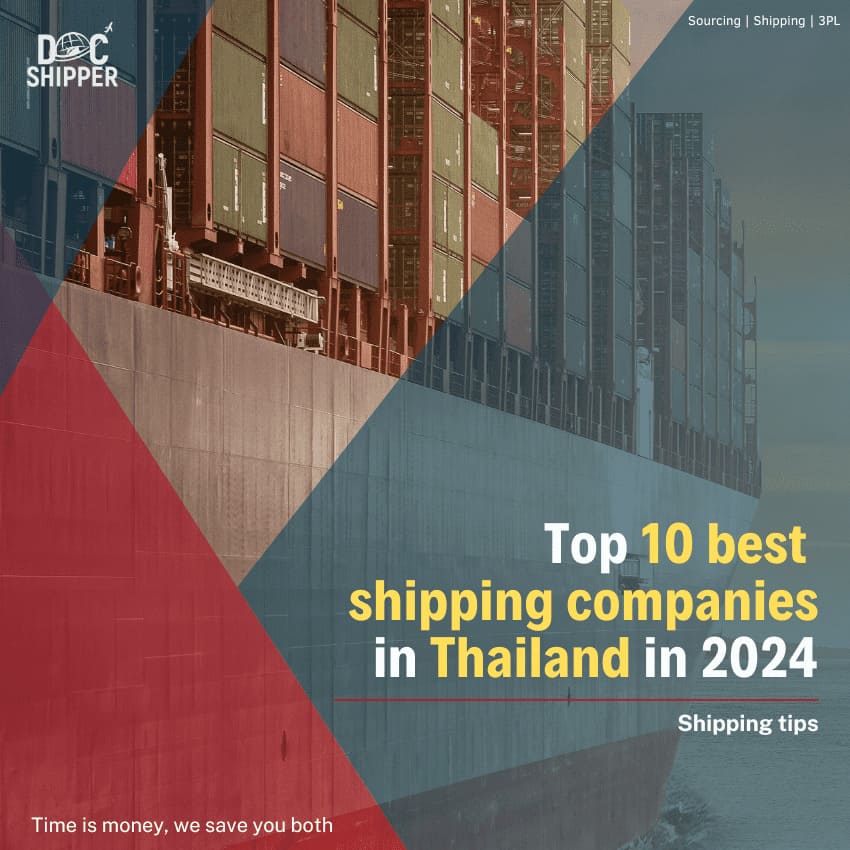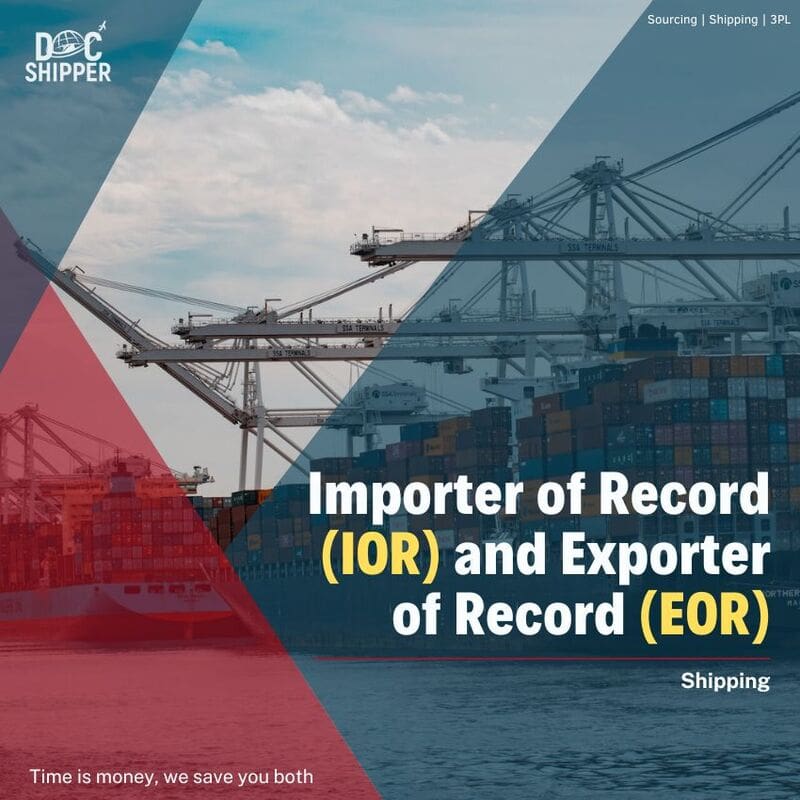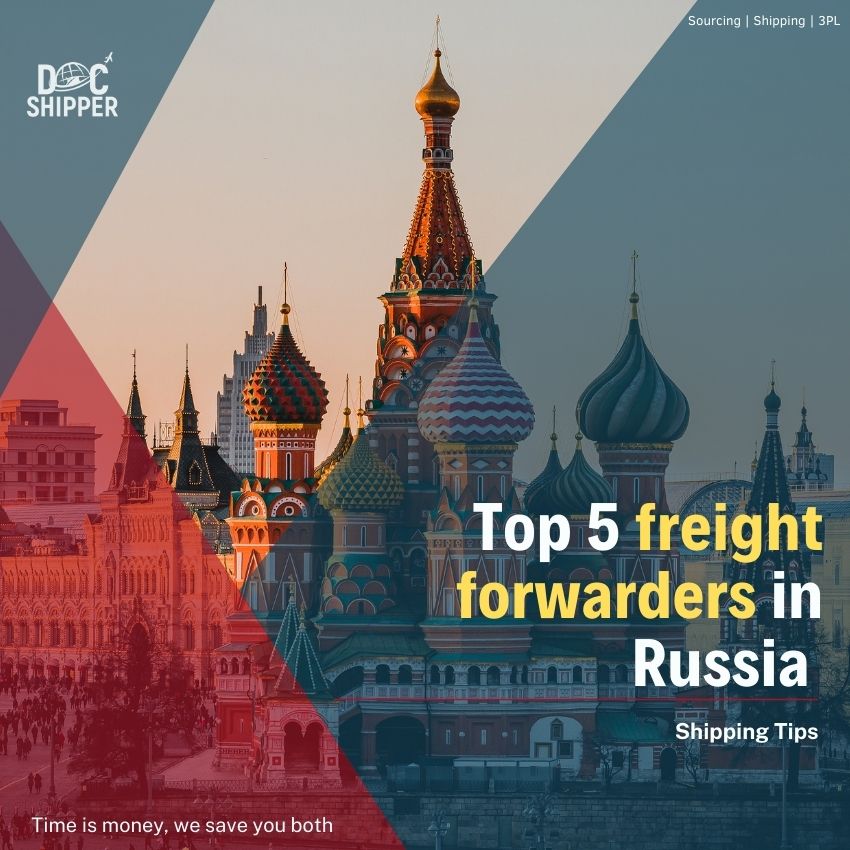What is FCL? Complete Guide to Full Container Load [2025]
Ever dreamed of having an entire container just for your goods during logistics transport? That’s exactly what Full Container Load (FCL) offers! Unlike Less than
What is a Shipping Broker and their Role in the Shipping Industry?
As the activities of the shipping industry can easily become a hassle due to their complexity, businesses often use the services of shipping brokers to
DDU incoterms: Meaning, terms and conditions
International commercial terms, or incoterms represent a series of laws and regulations related to import and export activities. Quiz: Quelle approche DDU convient le mieux
CIP incoterms: Meaning, terms and conditions
International commercial terms, or incoterms represent a series of laws and regulations related to import and export activities. CIP (Carriage and Insurance Paid To) incoterms
DAP incoterms: Meaning, terms and conditions
DAP (Delivered At Place) incoterms are employed by sellers who want to strengthen their competitiveness by offering seamless logistics management up to the destination for
CIF incoterms: Meaning, terms and conditions
International commercial terms, or Incoterms represent a series of laws and regulations related to import and export activities. Being the fundamentals of international trade and
Top 10 best shipping companies in Thailand in 2025
Over the past decade, Thailand has become a booming hub for shipping companies in East Asia, with almost 90 billion dollars of logistics market size
Importer of Record (IOR) and Exporter of Record (EOR)
In the world of global trade, there are two terms that play a significant role in ensuring successful cross-border transactions: IOR (Importer of Record) and
Top 5 Freight Forwarders in Russia
Want to ship your goods to Russia? Good luck finding a reliable and trustworthy freight forwarder . The sheer variety of choices can make it






![What is FCL? Complete Guide to Full Container Load [2025]](https://siam-shipping.com/wp-content/uploads/2025/04/What-is-FCL-Complete-Guide-to-Full-Container-Load-Shipping-2025.jpg)
